Filmmaker Michael Moore examines the current state of American politics, particularly the Donald Trump presidency and gun violence, while highlighting the power of grassroots democratic movements.
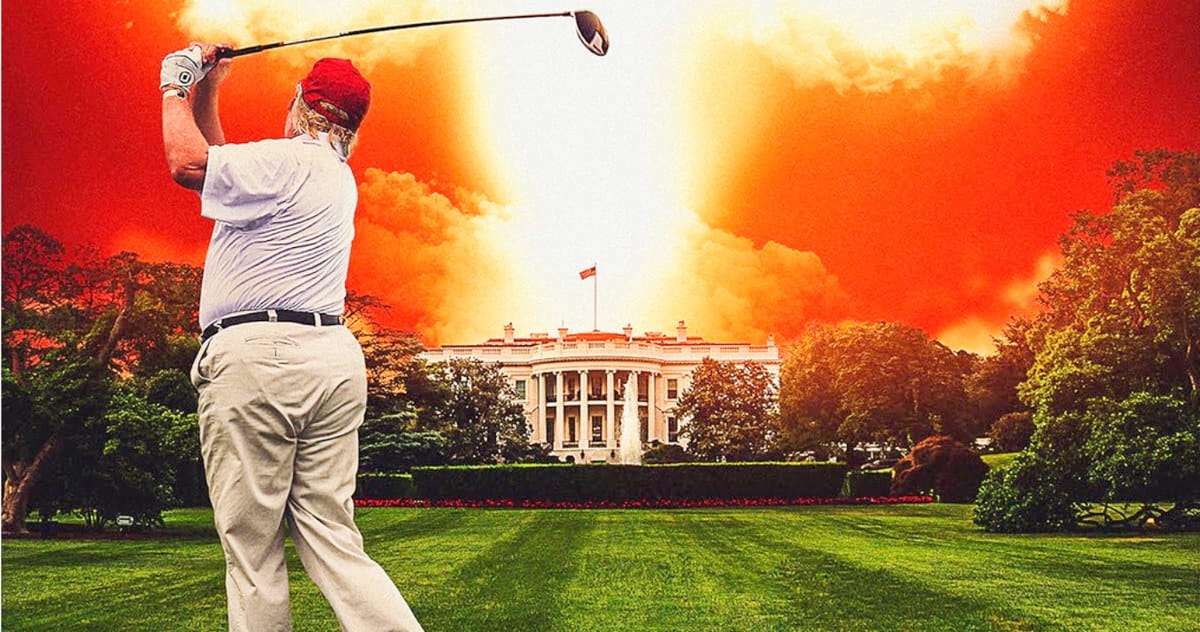


Filmmaker Michael Moore examines the current state of American politics, particularly the Donald Trump presidency and gun violence, while highlighting the power of grassroots democratic movements.
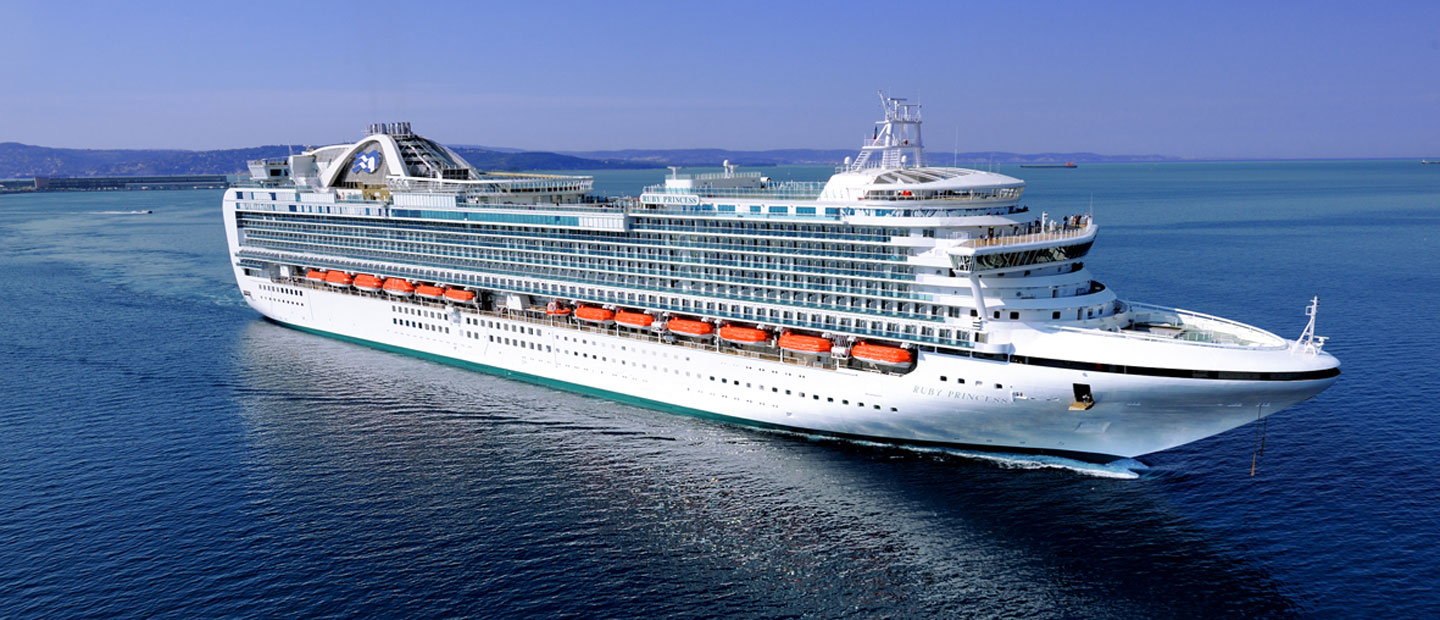
We investigate whether the world’s biggest cruise ship company put profits before people amid a deadly outbreak.

In post-industrial Ohio, a Chinese billionaire opens a factory in an abandoned General Motors plant, hiring two thousand Americans. Early days of hope and optimism give way to setbacks as high-tech China clashes with working-class America.

Our world is ruled by chemistry. The air we breathe is nitrogen, oxygen, and trace gases. The clothing we wear is cellulose, protein, or synthetic polymers. When we take to the road, we are propelled by the combustion of hydrocarbons or the reactions inside storage batteries. Look around and everything you see is the product of chemistry—including the sunlight pouring through the window, which originates in the fusion of atoms at the core of the sun.

Wild Wild Country is a Netflix documentary series about the controversial Indian guru Bhagwan Shree Rajneesh (Osho), his one-time personal assistant Ma Anand Sheela, and their community of followers in the Rajneeshpuram community located in Wasco County, Oregon.
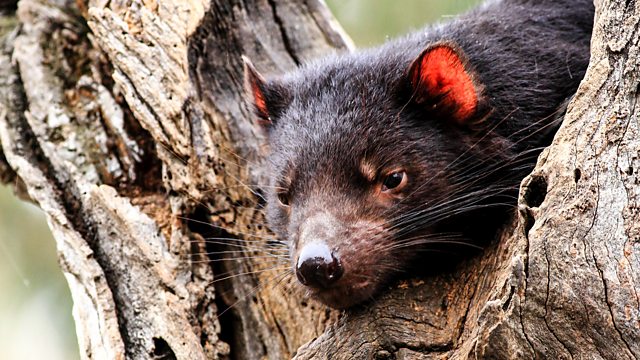
David Attenborough reveals how Tasmania’s isolation and unique climate have created a world that is as weird as it is wonderful.

An extraordinary look into the controversial political career of Imelda Marcos, this documentary tells a cautionary tale of a powerful female leader whose questionable sense of reality divided a nation.
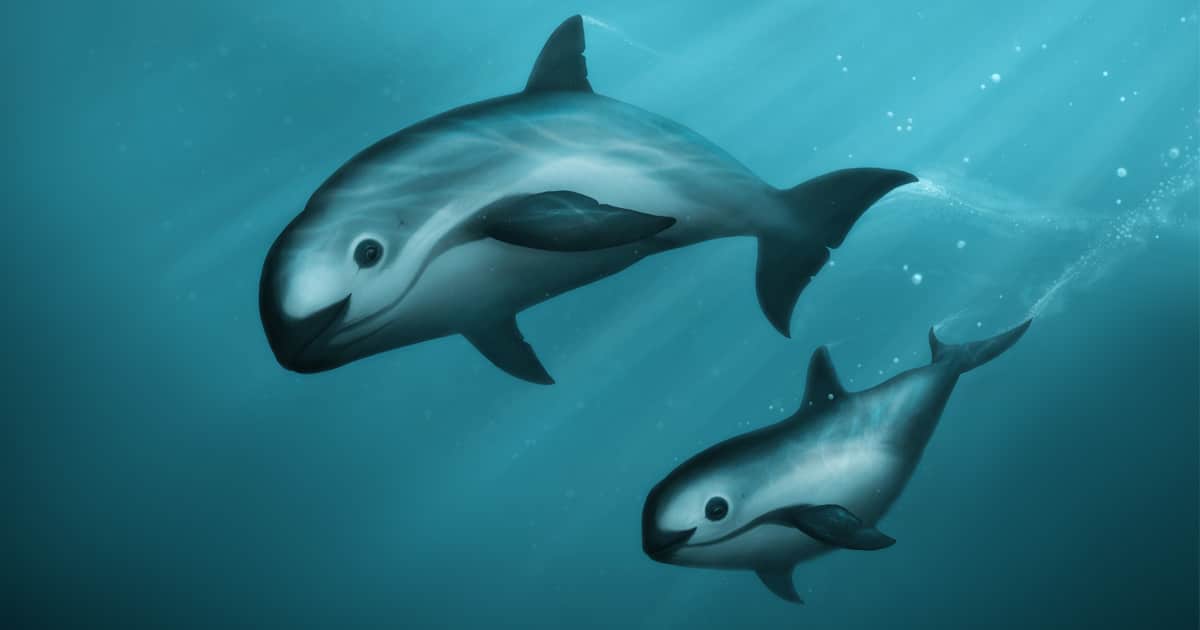
The vaquita, the world’s smallest whale, is near extinction as its habitat is destroyed by Mexican cartels and Chinese mafia, who harvest the swim bladder of the totoaba fish, the “cocaine of the sea.” Environmental activists, Mexican navy and undercover investigators are fighting back against this illegal multi-million-dollar business.

Victorian Sensations transports us to the thrilling era of the 1890s. Dr Hannah Fry, Paul McGann, and Philippa Perry explore a decade of rapid change that still resonates today.
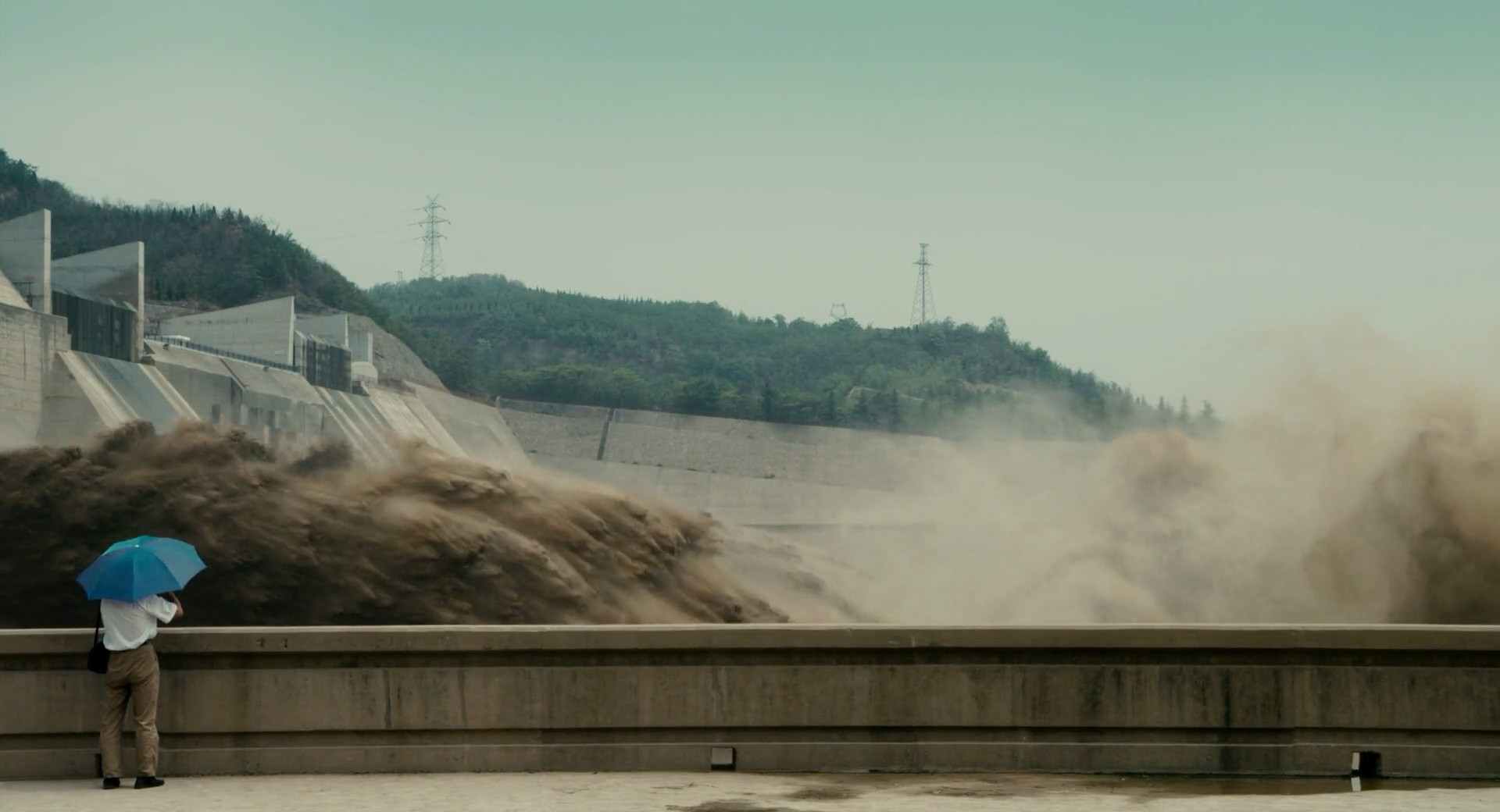
Watermark is a 2012 Canadian documentary film by Jennifer Baichwal and Edward Burtynsky. It concerns the history and use of water.
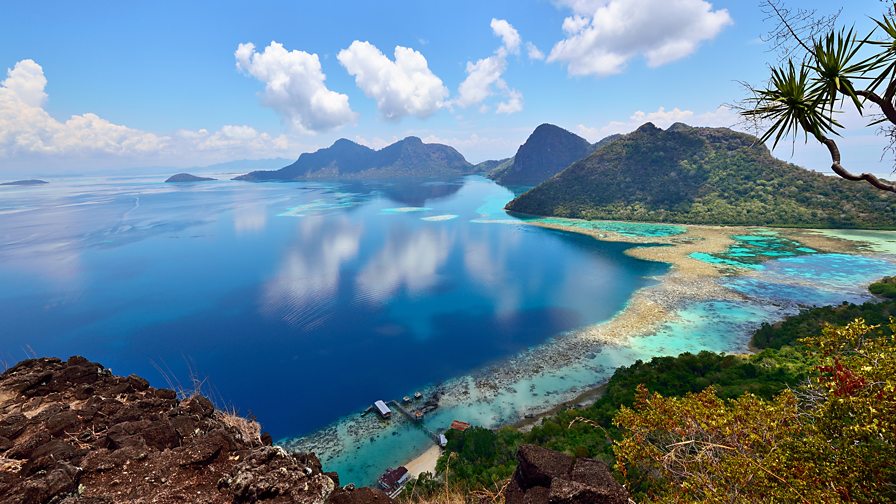
Exploring some of the world’s most isolated and iconic tropical islands.
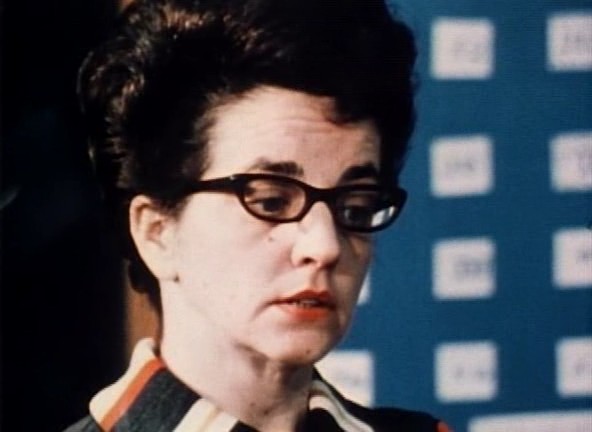
“A Class Divided” is a 1985 episode of the PBS series Frontline. Directed by William Peters, the episode profiles the Iowa schoolteacher Jane Elliott and her class of third graders, who took part in a class exercise about discrimination and prejudice in 1970 and reunited in the present day to recall the experience.